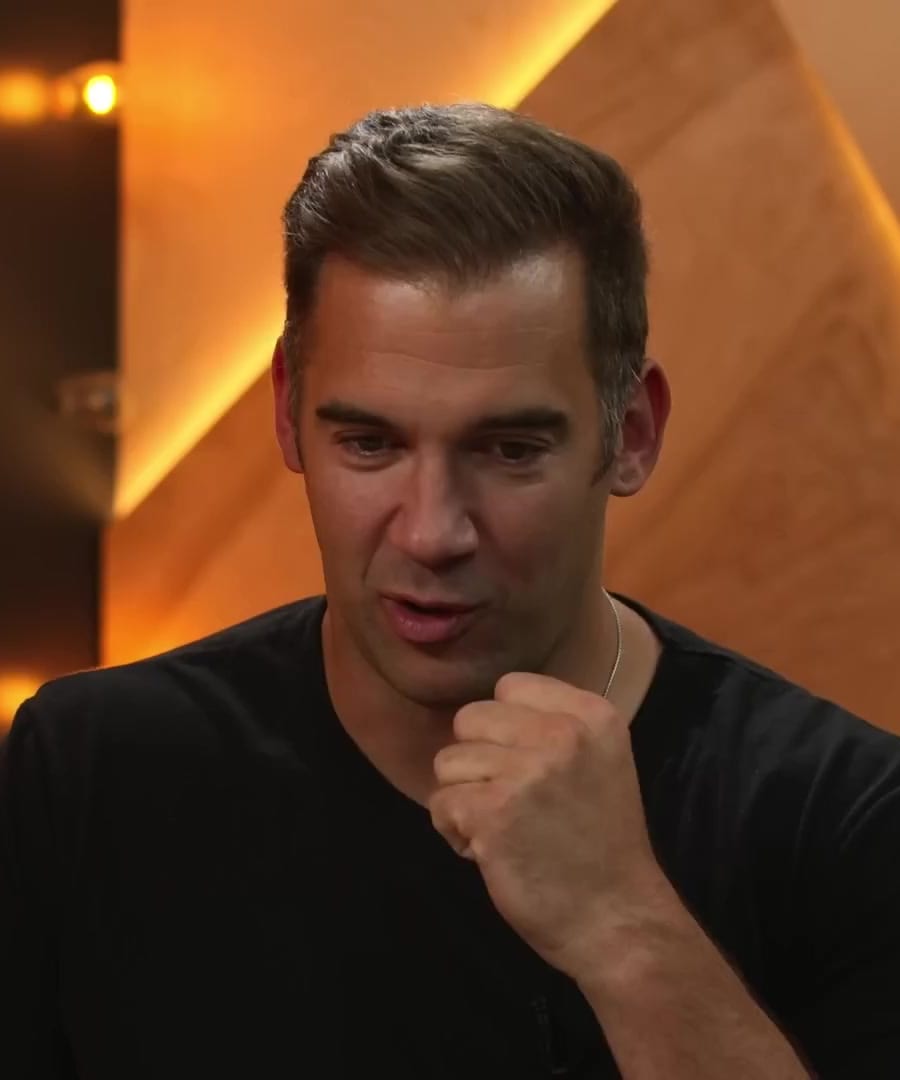Control over thoughts
Sources:
Gaining control over your thoughts involves several strategies and perspectives from different experts:
-
Heather Berlin explains that while our brain often decides before we're consciously aware, we do have the evolved capacity for self-control. This means acknowledging that many of our impulses and thoughts are generated unconsciously, and our role is to manage our responses and behaviors to these thoughts [Modern Wisdom, Episode 146]1.
-
Dan Millman argues that we can't control the arrival of our thoughts and feelings directly but emphasizes focusing on constructive purposes and actions we can take despite these thoughts. He warns against obsessing over unwanted thoughts, suggesting instead to observe them without judgment and focus on what we can control [The School of Greatness]2.
-
Ethan Kross reinforces this distinction by noting that while we can't stop certain thoughts from emerging, we do have control over how we engage with them. He advocates for techniques to shift and manage these thoughts, highlighting practical tools that involve distancing ourselves from problematic thoughts to think more rationally [Good Life Project]3.
-
Jocko Willink discusses the importance of "mind control" in the sense of consciously steering your thoughts away from negative paths and towards positive perspectives. He stresses the importance of maintaining a positive outlook to navigate through life's challenges effectively [Jocko Podcast, Episode 63]4.
-
Susan David delves into the multidirectional effects of thoughts and emotions, advocating for recognizing and leveraging the interplay between them to enhance creativity and decision-making. This approach involves understanding how mood impacts thinking and using this knowledge to your advantage in various tasks [The School of Greatness]5.
-
Rob Dial suggests treating overthinking as an addiction, emphasizing the need to observe and change thought patterns consciously. By disidentifying from negative thoughts, you can transform your reality by fostering a positive mindset [The Mindset Mentor]6.
-
Heather Berlin also highlights the difference between controlling impulses and thoughts, especially in conditions like OCD. She underscores the importance of controlling behaviors linked to thoughts rather than trying to stop the thoughts themselves, using techniques like exposure and response prevention [Modern Wisdom, Episode 146]7.
In summary, while complete control over when and how thoughts arise may be unattainable, various techniques can help manage and engage with these thoughts constructively, leading to better self-control and mental wellbeing.
RELATED QUESTIONS-




